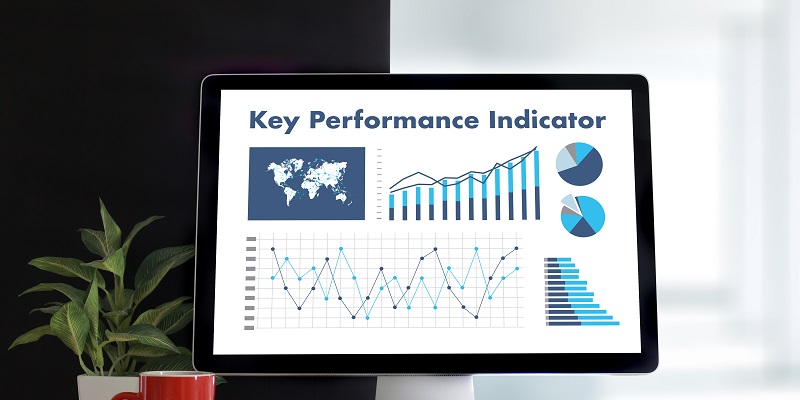With the increase in popularity of remote work, many businesses are now facing new challenges in managing and tracking employee performance. It is essential to have a clear understanding of how to measure and monitor employee performance in a remote setting. One of the most effective ways to do this is through Key Performance Indicators, or KPIs. In this guide, we will discuss what KPIs are, why they are important in a remote work setting, and how to set and monitor them for remote workers.
Understanding KPIs
A KPI, also known as a Key Performance Indicator, is a measurable value that demonstrates how effectively a company is achieving its key objectives. KPIs are used to evaluate success at various levels, and they can be both financial and non-financial. Investing in KPIs is beneficial for a company as it helps identify areas that require improvement, tracks progress towards goals, and increases overall motivation in the workplace.
When it comes to remote work, KPIs become essential because of the lack of in-person oversight. It is crucial to set metrics that provide insight into employee performance and ensure that remote workers remain on track toward achieving their goals.
Setting Key Performance Indicators (KPIs) for Remote Workers
Before setting key performance indicators (KPIs) for remote workers, it is crucial to define your company’s goals and objectives. With these goals in mind, you can set relevant KPIs that will help track your progress towards achieving them. The KPIs you set for remote workers need to be aligned with your team’s responsibilities and be relevant to your overall goals.
While it is tempting to set ambitious targets, it is essential to set realistic goals. Unrealistic expectations can lead to demotivated employees and poor morale. Setting achievable and realistic goals for remote workers is key to ensuring they remain motivated and productive.
Choosing the right KPIs is also important. You need to identify metrics that provide valuable insights into employee performance while also being easy to measure. This will help avoid overwhelming your team with too many metrics, or choosing metrics that are hard to measure.
Monitoring and Measuring Performance
Once you have set KPIs for your remote workers, it is essential to track and monitor their performance regularly. This means scheduling regular check-ins and monitoring employees’ progress towards their goals.
You must also communicate with remote workers about what is expected of them and how their performance will be measured. This will help avoid confusion and ensure that everyone is on the same page.
Regularly providing feedback to remote workers is crucial in a remote work setting. This allows employees to understand how they can improve and identify areas on which they need to focus. In addition, regular feedback helps to build a strong remote work culture where employees feel valued and connected to their team.
It is important to provide feedback that is specific, actionable, and based on performance against key performance indicators (KPIs). This helps your remote workers understand how they are performing and how they can improve.
Best practices for KPIs in remote work
To ensure that KPIs are effective in a remote work setting, you need to follow some best practices. Here are a few examples:
Clear Communication and Collaboration: Effective communication is crucial when setting KPIs for remote workers. It is essential to ensure that everyone is on the same page and understands what is expected of them. Collaboration tools such as video conferencing and virtual whiteboards can be useful in promoting teamwork and communication.
Regular Review and Adjustment: It is crucial to review Key Performance Indicators (KPIs) regularly and make any necessary adjustments. This helps to ensure that they remain relevant and meaningful to your overall objectives.
In conclusion, KPIs are essential for measuring performance in a remote work setting. They provide valuable insights into employee performance and help track progress toward your overall goals. To set effective KPIs for remote workers, you need to define your goals, choose relevant metrics, and ensure that everyone is on the same page. Regular monitoring and feedback are crucial in ensuring that your remote workers remain motivated and on track toward achieving their targets.

